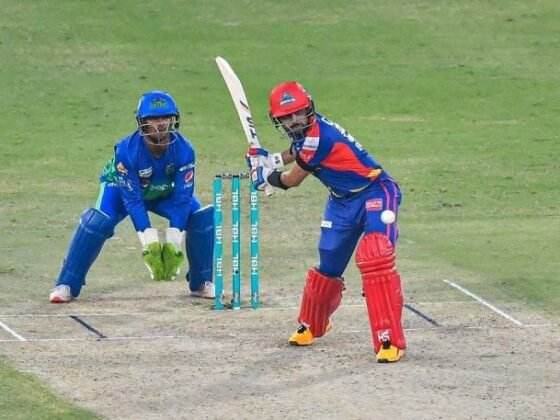Forward of the celebration on Sunday, indicators of elevated safety have been in proof throughout Kabul, with further police checkpoints and roadblocks in lots of areas, whereas safety was additionally elevated in different cities.
Afghanistan, a majority Sunni Muslim nation, has historically not suffered the sectarian violence that has devastated international locations like Iraq, however a collection of assaults over current years have focused the Shi‘ite neighborhood.
“We’re involved about this. We had inside preventing previously however by no means non secular preventing,” stated Arif Rahmani, a member of parliament and a member of the primarily Shi‘ite Hazara neighborhood that has been significantly focused.
The federal government has offered some primary coaching and weapons for a number of hundred volunteer guards close to mosques and different assembly locations however many concern that the safety, which covers solely among the metropolis’s greater than 400 Shi‘ite mosques, is inadequate.
In 2011, greater than 80 folks have been killed in Ashura assaults in Kabul and the northern metropolis of Mazar-i-Sharif and there have been a string of others since, with 20 folks killed in a suicide assault on a mosque in Kabul a month in the past.
Friday’s assault, by suicide bombers posing as shepherds strolling their sheep alongside a street outdoors the Hussainya mosque within the Qala-e-Fatehullah space of the town, didn’t attain the mosque itself however wounded 20 folks along with the 5 killed.
No up-to-date census information exists for Afghanistan however completely different estimates put the scale of the Shi‘ite neighborhood at between 10-20 p.c of the inhabitants, principally Persian-speaking Tajiks and Hazaras.
Ashura, on the 10th day of the month of Muharram, celebrates the martyrdom of Hussein, one of many grandsons of the Prophet Mohammad, and is marked by massive public commemorations by Shi‘ite Muslims.
President Ashraf Ghani condemned Friday’s assault and stated it will not break the unity between religions in Afghanistan.
However at a time when rivalry between the patchwork of various ethnic teams within the nation has more and more come into the open, Rahmani stated the evident goal of the assaults was to ratchet up the tensions to create instability.
“Previously, there have been warnings that there have been teams that needed to stir ethnic and non secular battle amongst Afghans however now it’s actuality,” Rahmani stated. “There are individuals who wish to create disunity amongst ethnic and non secular teams,” he stated.










